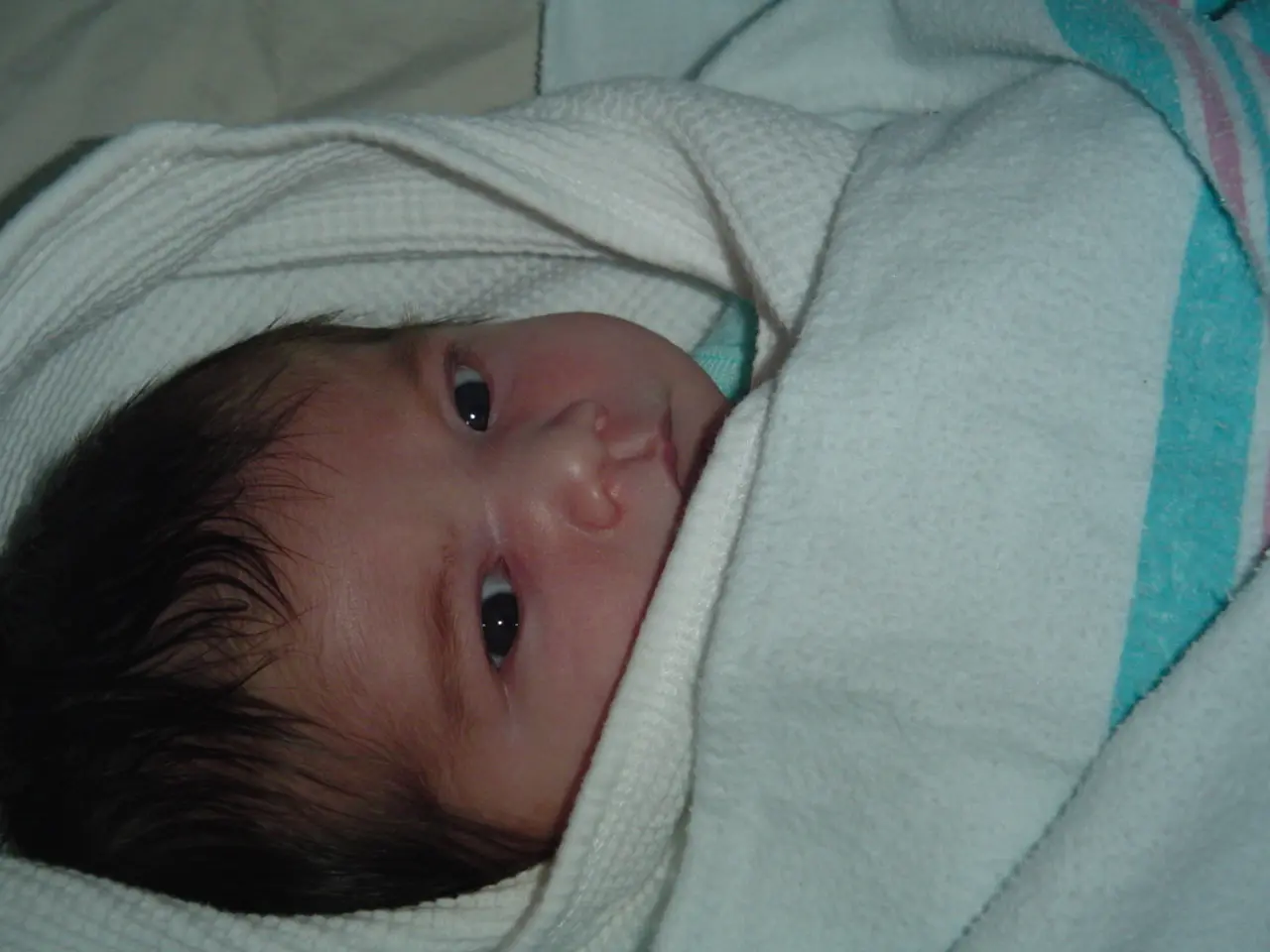Manifestations of Antisocial Personality Disorder in Youth
Antisocial Personality Disorder (APD) is a disorder that is characterized by a strong disregard for the feelings, wellbeing, or interests of other people. This condition, which is not synonymous with psychopathy or sociopathy, can be challenging to manage, especially when it is observed in children.
While APD is not usually diagnosed in childhood, symptoms may manifest early. Children who will grow up to be diagnosed with APD often exhibit patterns of manipulation, frequent lying, lack of concern for others, lack of remorse for their actions, narcissistic thinking, impulsivity, selfish motives, inability to emotionally connect, extreme risk-taking, desire to interact with people who can offer them something, involvement in illegal activities, and harming pets or starting fires.
It's important to note that if a child exhibits these behaviours regularly and for an extended period, it might be time to seek help. A professional diagnosis of APD should only be made by mental health professionals such as psychiatrists, counselors, therapists, and medical doctors.
Puberty affects chemical processes in the brain, so many psychiatrists prefer to see how someone behaves once that is over before diagnosing APD. However, researchers believe that APD is caused by a combination of issues in both a person's brain and environment. Genetics play a major role in the causation of APD, meaning that people can be predisposed to develop certain conditions.
A list of symptoms like this can help people understand APD in children, but should not be used for unofficial diagnosis. Mental health professionals need to see a certain amount of longevity and severity of symptoms before labeling the symptoms as APD.
The medicinal and therapeutic intervention plans for APD, Conduct Disorder (CD), and Oppositional Defiant Disorder (ODD) are similar. Behavior modification approaches for these disorders also have similarities. Working with or raising a child with any type of behavioral or conduct disorder can be challenging, but with the right help, progress can be made.
It's crucial to remember that APD is not a label that should be placed on people merely for being introverted, socially anxious, or uncomfortable around other people. Instead, it's a serious condition that requires professional attention and support.
The detection of APD in early youth relies on identifying persistent antisocial, aggressive, or oppositional behaviours lasting at least six months from childhood or adolescence, supported by clinical assessment of behaviour violating social norms and lack of remorse or empathy. A combination of psychosocial risk factors such as inconsistent parenting, parental conflicts or criminality, delinquent peer groups, and low socioeconomic status, along with neurocognitive and biological factors like impaired emotional regulation, reduced empathy, fearlessness, and deficits in learning from punishment, can lead a child in early youth to develop antisocial personality disorder in adulthood.
In conclusion, understanding Antisocial Personality Disorder in children is essential for early intervention and support. If you suspect your child may be showing signs of APD, it's important to seek help from a qualified mental health professional. With the right guidance and treatment, progress can be made, and the impact of this disorder can be mitigated.
Read also:
- Nightly sweat episodes linked to GERD: Crucial insights explained
- Antitussives: List of Examples, Functions, Adverse Reactions, and Additional Details
- Asthma Diagnosis: Exploring FeNO Tests and Related Treatments
- Unfortunate Financial Disarray for a Family from California After an Expensive Emergency Room Visit with Their Burned Infant








